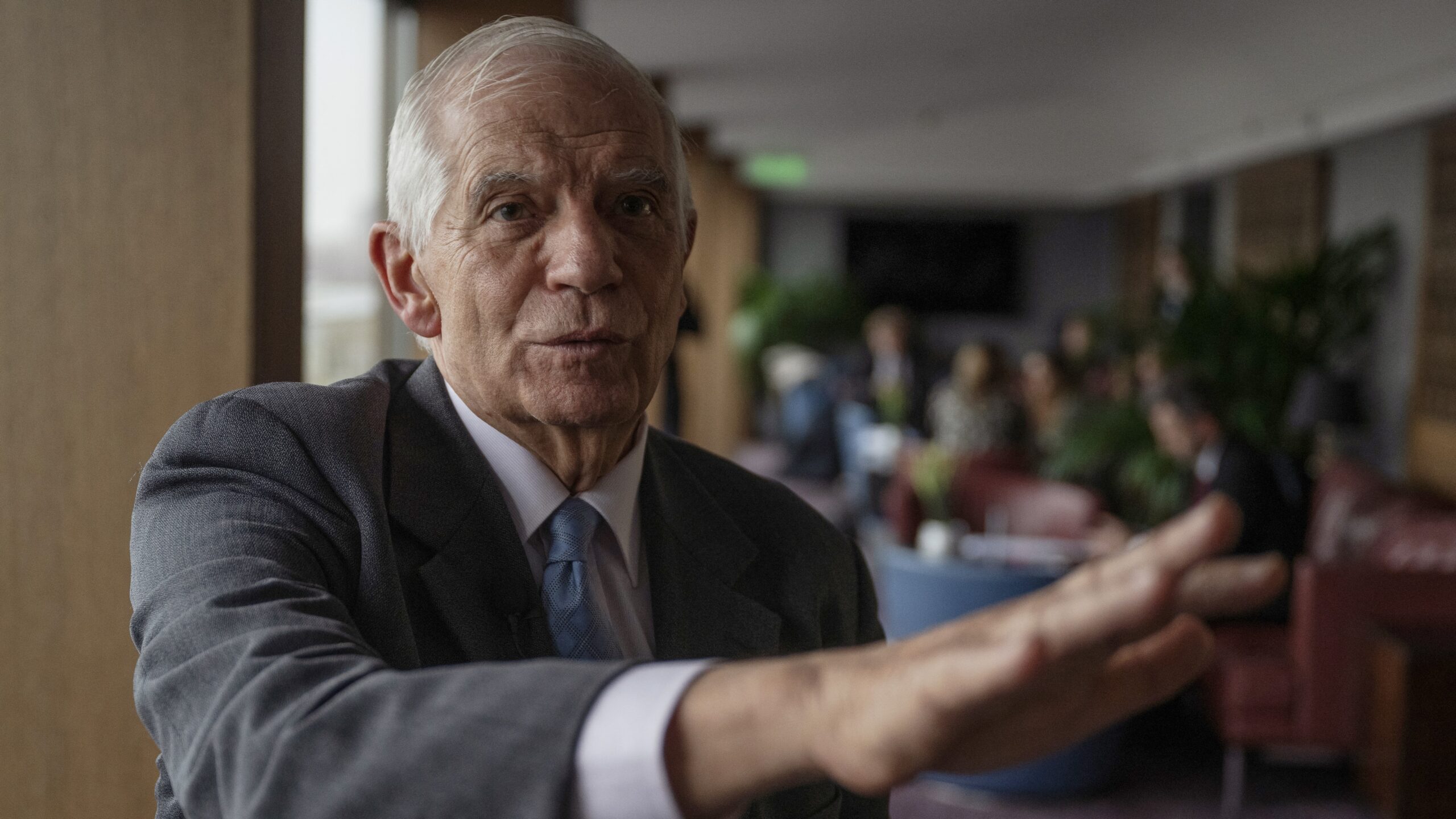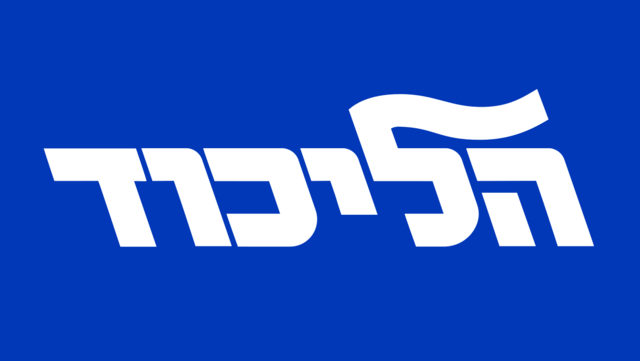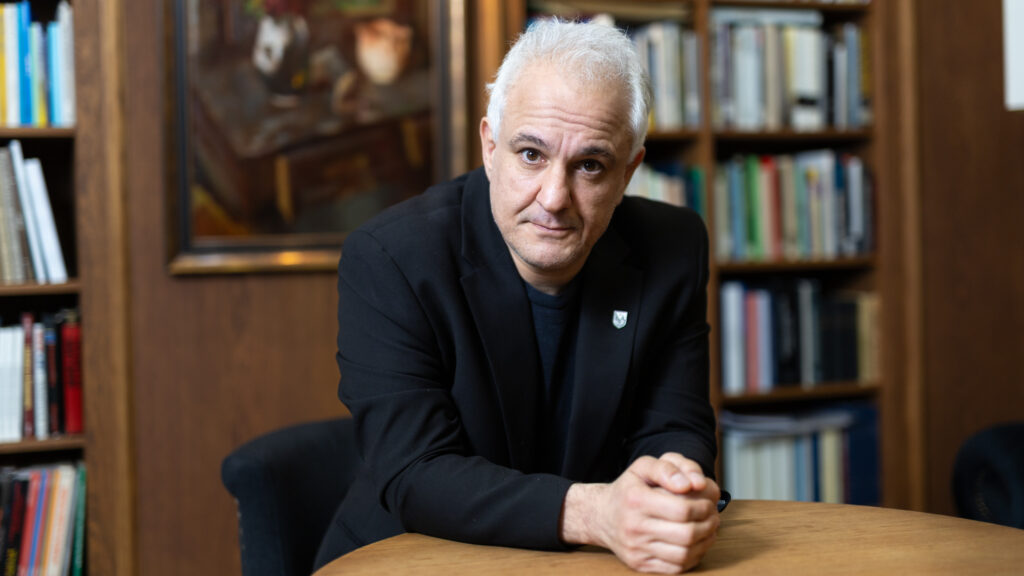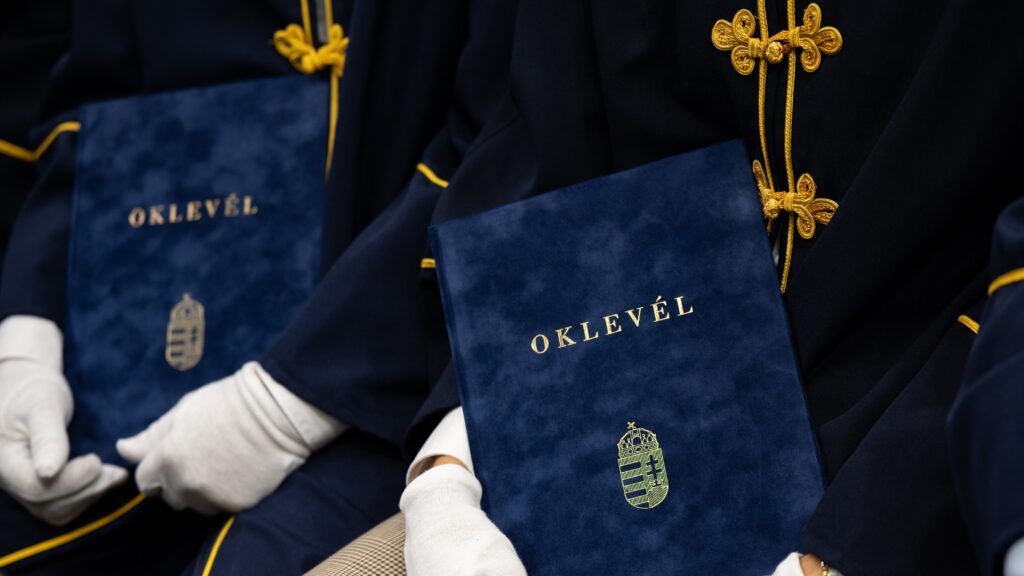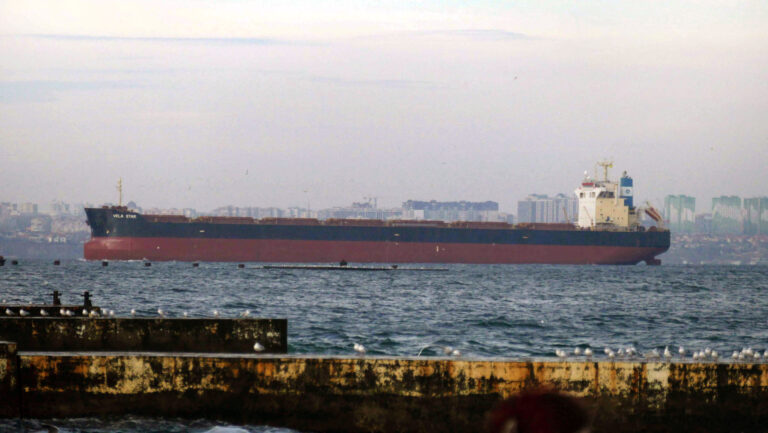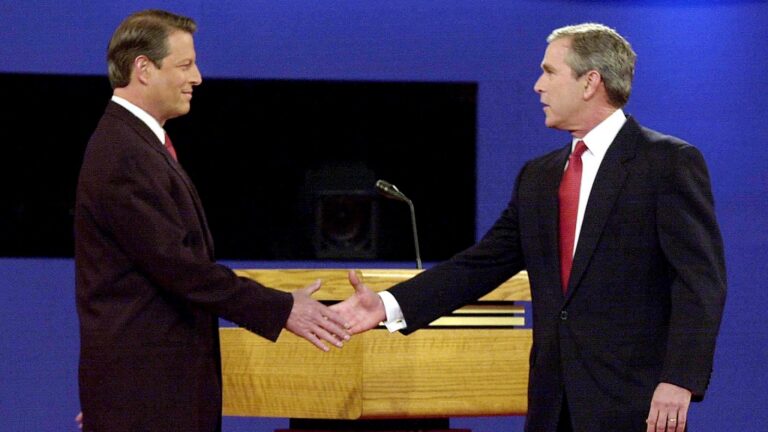As Borrell prepares to leave his position, his legacy of vocal criticism toward Israel will likely remain a point of reflection within EU diplomatic circles.
Reflecting the way the mainstream in the EU confronts the ongoing Gaza crisis, its outgoing foreign policy chief Josep Borrell has once again taken a hard line on Israel, proposing a suspension of EU–Israel political dialogue over humanitarian concerns. Known for his blunt criticisms of Israel, Borrell’s latest move aligns with his stance that the EU must hold Israel accountable, yet it may also be his last major act on the issue as he prepares to step down, making way for Estonia’s Prime Minister Kaja Kallas.
Borell’s Ambiguous Legacy
Throughout his tenure, Borrell has pushed for a stronger EU role in Middle East policy, frequently clashing with Israel over Israel–Palestine relations. He has repeatedly called for greater EU involvement in balancing the power dynamic in the Israeli-Palestinian conflict, pushing for stronger accountability measures on Israel’s actions. This advocacy has made him a polarizing figure, drawing both criticism and support within EU circles and made him ultimately an unwelcome figure in Israel.
Borrell’s proposal, first raised during an informal meeting of ambassadors yesterday, met immediate negative reactions of Germany, Austria, the Czech Republic, Hungary, Denmark, the Netherlands, Italy and Greece. The proposal will be officially submitted next Monday, when foreign affairs ministers meet in Brussels. Probably this will mark the last and ultimately failed effort in the Commissioner’s anti-Israel legacy.
Borell’s latest proposal, however, underscores the divide within the EU, as member states remain split on how to balance humanitarian concerns with strategic interests in the region. Thus, Josep Borrell’s proposal is highly likely to be vetoed by member states as the suspension of political dialogue depends on unanimity among member states who see sharp divisions over the Israel–Hamas war.
What to Expect from Kaja Kallas?
With Borrell’s departure, Israel looks forward to potentially smoother relations. Estonian Prime Minister Kaja Kallas, who will soon succeed Borrell, brings a distinctly different background and perspective to EU foreign policy. Known for her pragmatic approach to international relations and her strong stance on security matters, particularly concerning Russian aggression, Kallas is expected to prioritize stability and strategic alignment within the EU’s external policies. Her outlook on Israel and the Middle East will likely reflect a more cautious and measured stance, one that may distance the EU from Borrell’s confrontational legacy.
Given her experience managing Estonia’s strategic position in Eastern Europe, Kallas is likely to bring a security-centred approach to the role, focusing more on Europe’s immediate regional stability and strategic alliances than on adopting hardline stances toward Middle Eastern conflicts. This could signify a recalibration of the EU’s approach to Israel, one that values diplomacy and cooperation over public admonishments.
In October 2023 Kallas backed Israel’s offensive in Gaza, shortly after the Hamas-led 7 October attacks, arguing that ‘Israel is engaged in self-defence against terrorism’. While in April Kallas denounced Iran’s ‘unjustified’ missile and drone attacks on Israel. As a Prime Minister, Kallas also calling for a two-state solution to instil stability in the region.
However, Kallas’s position on Israel as a foreign policy chief is still untested. During her European Parliament hearing, she emphasized international humanitarian law against targeting civilians and urging all parties to exercise restraint. She highlighted the EU’s collaboration with the US and Gulf countries to work toward a ceasefire, a two-state solution, and the release of Israeli hostages. Rejecting claims of double standards, Kallas noted that the EU is the largest donor to the Palestinian Authority and aid efforts in the region.
What’s Next for EU–Israel Relations?
As Borrell prepares to leave his position, his legacy of vocal criticism toward Israel will likely remain a point of reflection within EU diplomatic circles.
Kallas’s anticipated shift in approach may reflect a broader change within the EU leadership, which recently appointed several officials known for their ‘hawkish’ stances on security and defence. This leadership shift could lead to a stronger emphasis on partnerships with democratic allies, potentially including Israel, as the EU seeks to strengthen its geopolitical influence amid rising global tensions.
For Israel, the incoming EU leadership offers an opportunity to reset diplomatic relations, moving away from the contentious exchanges of the Borrell era toward a potentially more balanced and partnership-driven approach.

